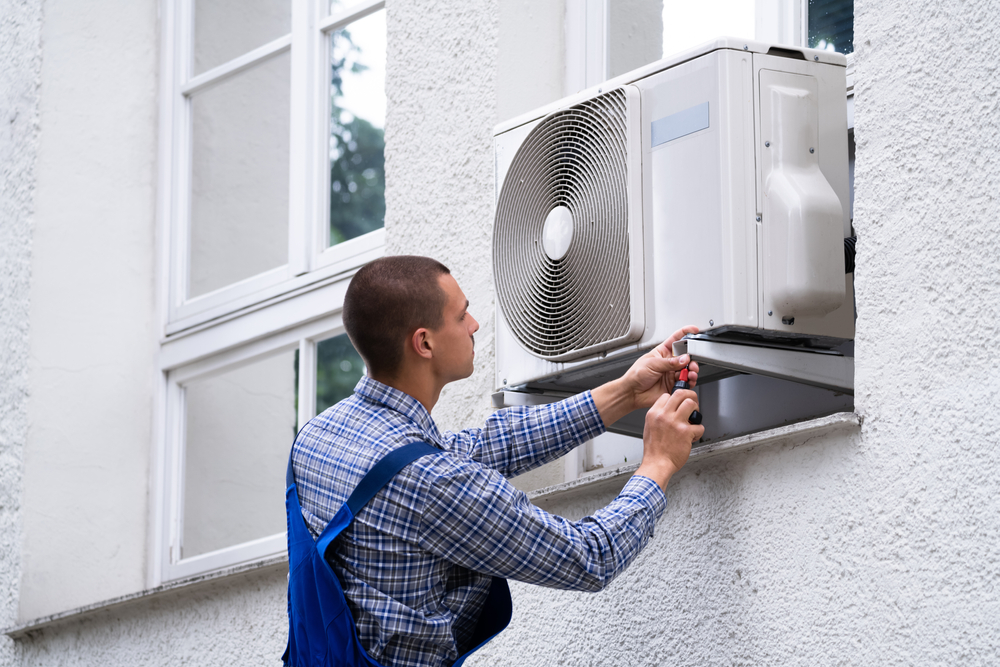
Owning rental properties can be a lucrative investment, but it comes with its share of responsibilities. One significant aspect of maintaining rental properties is ensuring that appliances remain in good working condition throughout their lifespan. Well-maintained appliances not only keep tenants satisfied but also minimize repair costs and extend their overall life. Here’s a comprehensive guide on how landlords can achieve this goal effectively.
Importance of Appliance Maintenance
Maintaining appliances in rental properties is crucial for several reasons:
- Tenant Satisfaction: Functioning appliances contribute to tenant satisfaction and can influence lease renewals and referrals.
- Cost Savings: Regular maintenance can prevent costly repairs or premature replacements.
- Compliance: Landlords are typically responsible for providing safe and habitable living conditions, which includes ensuring appliances are in good working order.
Common Appliances in Rental Properties
Before diving into maintenance tips, it’s essential to identify the appliances typically found in rental units:
- Refrigerators
- Stoves/Ovens
- Dishwashers
- Washers and Dryers
- HVAC Systems
- Water Heaters
Each of these appliances requires specific care to ensure longevity and optimal performance.
Routine Maintenance Checklist
To maximize the lifespan of appliances in rental properties, landlords should follow a routine maintenance checklist:
1. Regular Cleaning
- Refrigerator: Clean condenser coils and door seals.
- Stove/Oven: Remove spills promptly and clean burner grates.
- Dishwasher: Clean filters and check for debris.
- Washer and Dryer: Clean lint traps and check hoses for leaks.
- HVAC System: Replace filters regularly to maintain efficiency.
- Water Heater: Flush sediment buildup annually.
2. Check for Wear and Tear
Regularly inspect appliances for signs of wear such as rust, cracks, or unusual noises. Addressing minor issues promptly can prevent them from escalating into costly repairs.
3. Test Functionality
Ensure that all appliances are functioning correctly at the beginning of each lease term and conduct periodic checks throughout the tenancy.
4. Schedule Professional Inspections
- HVAC Systems: Have HVAC systems inspected annually by a licensed technician to ensure efficiency and safety.
- Plumbing and Water Appliances: Schedule inspections for water heaters, plumbing lines, and dishwashers to detect leaks or potential issues early on.
Responding to Tenant Concerns
Encourage tenants to report appliance issues promptly. Respond to maintenance requests promptly and prioritize repairs based on urgency. Proactive maintenance and swift responses can enhance tenant satisfaction and minimize inconvenience.
Extending Appliance Lifespan Through Tenant Education
Educating tenants about proper appliance use and maintenance can significantly extend their lifespan:
- Provide a tenant handbook outlining appliance care guidelines.
- Include appliance maintenance tips in lease agreements or welcome packets.
- Offer seasonal reminders for tasks like HVAC filter changes or refrigerator coil cleaning.
Investing in Quality Appliances
When purchasing appliances for rental properties, opt for energy-efficient models with good reliability ratings. While they may require a higher upfront investment, they often prove more cost-effective in the long run due to lower energy bills and fewer repairs.
Conclusion
Maintaining appliances in rental properties requires diligence and proactive care. By following a structured maintenance plan, landlords can extend the lifespan of appliances, reduce repair costs, and enhance tenant satisfaction. Regular cleaning, inspections, and prompt repairs are key to achieving these goals. Additionally, educating tenants about proper appliance use can foster a collaborative effort in preserving property assets. Ultimately, investing in appliance maintenance is a smart strategy that benefits both landlords and tenants alike.
